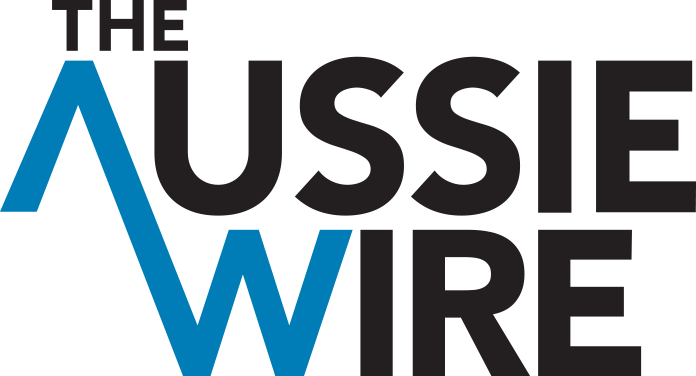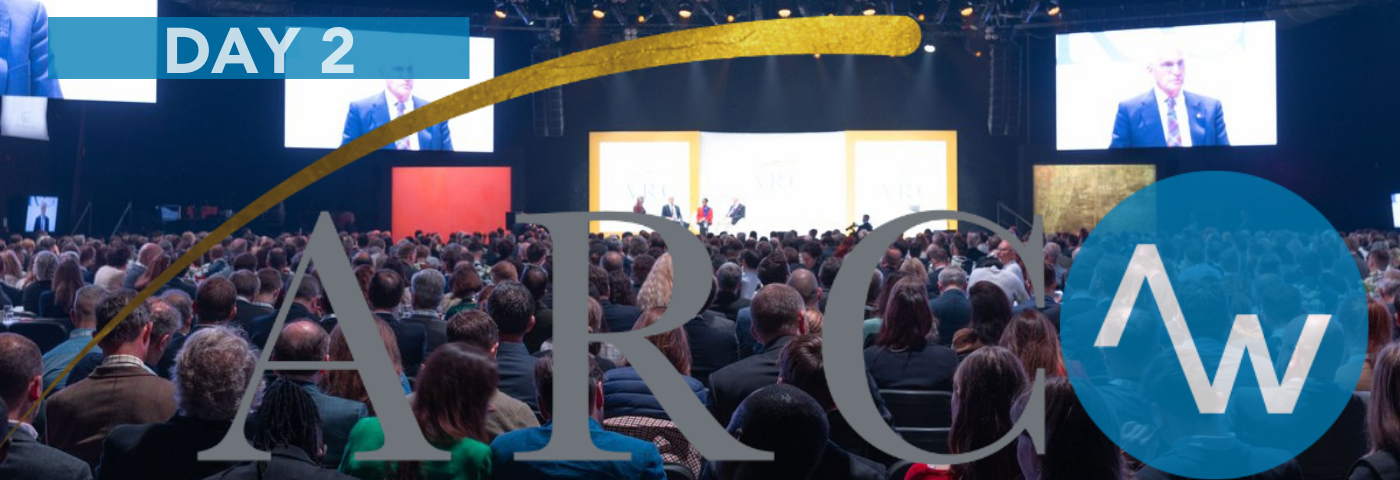Russian-British satirist and political commentator Konstantin Kisin opened the ARC Conference Day 2 in London, on Tuesday 31 October. Kissin asserted that “we will not overcome woke nihilism” so long as our children face crises of values and security, such as being locked out of the housing market, unable to find meaningful partnership, or create families. “From the dawn of time, humans have had to work to make the world a better place,” said Kisin, calling for leaders to take up this work to “make a difference.”
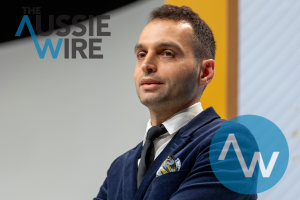
Author and theologian Amy Orr-Ewing discussed the theological foundations of Western civilisation, arguing that “living in a flow of forgiveness” is central to a joyful and peaceful life, releasing us from “perpetual victimhood.” Orr-Ewing said that forgiveness need not minimise harms done and that “the power to forgive may just be the greatest gift that the Christian story can offer our age.”
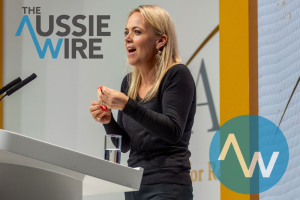
Session 2
In the second session of the day, psychoanalyst and parent coach Erica Komisar described the child mental health epidemic and examined the underlying causes.
“‘Our children are under the worst academic pressure that we have ever heard in history,” said Komisar. Lamenting the absence in parental presence due to the contemporary labour market, Komisar affirmed that “there is no substitute for parents spending time with their children.”
Komisar, who has written two books on parenting, offered practical solutions to improve conditions for kids. “Governments need to give all mothers the option to stay home for a full year and support them with resources so they can work part-time for another two years,” she told the conference. Komisar also called for school to start later for teenagers, tax incentives for married parents, a tax credit system incentivising parents to invest in mental health care, and flexible working arrangements to allow new parents to spend more time with their children.
Warren Farrell, author of The Boy Crisis, told the conference that the root of this crisis is absent fathers, often as the result of divorce, or births outside of stable marriages. “Dad-deprived boys are boys who hurt, and dad-deprived boys hurt us,” said Farrell, explaining that these boys are more likely to get involved in crime, drug dealing, bullying and mass shootings.
In contrast, boys who are dad-enriched are more likely to flourish. Dads can enrich their children with boundary enforcement, bond building and roughhousing. Where divorce is unavoidable, Farrell gave four “musts” for parents to implement to ensure their children’s well-being:
- Equal shared parenting
- Maximum 20 minutes’ drive time between parents
- No bad mouthing of each other to the children
- Parents should do counselling together once a month
Farrell concluded, “children need a dad’s time more than they need a dad’s dime.”
Bishop Robert Barron talked about the balance of freedom and responsibility, suggesting that the former cannot exist without the latter. “Freedom is the disciplining of the desire so as to make the achievement of the good first possible, and then effortless,” he told the conference.
The session concluded with a panel including authors Louise Perry and Mary Harrington, and Ralston College founder Stephen Blackwood, convened by Jordan Peterson. Panellists discussed the modern rejection of sex-based norms and questioned whether this “progress” had in fact improved life for men, women, and children.
Session 3
After lunch, Levelling Up Secretary Michael Gove gave a strong critique of the financialisaton of the property market and detailed several shortcomings of capitalism. Market inequalities have been exacerbated by the Bank of England’s Quantitative Easing regime inflating asset values following the Global Financial Crisis, said Gove, while corporations have concentrated gains “in the hands of the few” through an abuse of market power and extensive lobbying efforts.
Gove singled out the “resentment industry,” which “manufacture[s] grievance,” as the most successful industry in the world (in case it’s unclear, his tone was not approving). “Economics and culture are inextricably interlinked,” he said, advocating for a society which is “free of cancellation” and economically just, alongside promoting entrepreneurship.
Australian Shadow Treasurer Angus Taylor addressed the widening chasm between inner city elites and suburban/regional voters. Taylor shared his story of growing up in a farming family near the Snowy Mountains, noting in the wake of Australia’s Voice referendum result that “the so-called fly over towns and suburbs are reshaping politics.”
Pollster Matt Goodwin said that three imminent major elections (US Presidential, UK General and EU Parliament), “will throw light on some of the enormous divides around education, generations, and geography.“ Speaking of his recent field work, Goodwin said, “for the first time in my history of focus groups… one voter started to cry when talking about the cost of living crisis.” He observed that voters are “looking for security,” be it economic, physical, or cultural.
A panel discussion followed, including Angus Taylor, Former Bank of England Chief Economist Andy Haldane, andBlue Labour founder Lord Maurice Glasman, convened by Goodwin. Panellists addressed low growth and regional inequalities. “Currently in the UK [decision-making] is both centralised and single,” Haldane told the audience. “It needs to become localised and plural.” By ‘plural’ Haldane extended his definition beyond government, to distribution of power to other stakeholders such as business, faith groups and community groups.
The session also featured a discussion with siblings Korie and Willie Robertson, the stars of U.S. reality show Duck Dynasty, discussing their experience growing up in a ‘flyover state’ and the importance of local relationships.
Session 4
The fourth session of the day focused on understanding the trade-offs of energy and environmental policies. Steve Koonin, theoretical physicist and former director of the Center for Urban Science and Progress at New York University, addressed “astounding” energy inequalities. “About half the world is energy poor,” he said, arguing that “fossil fuels are the most immediate and reliable way” to lift developing nations out of energy inequality, and decrying the “immorality” of the World Bank denying funding to fossil fuel projects.
Koonin suggested that education is key to countering the advance of harmful energy policies. “We have been scaring the bejesus out of people” with climate alarmism. “If people understood how expensive and disruptive [radical Net Zero policies] would be, they wouldn’t sign up,” he said, concluding that “we must not constrain the world’s energy supply, that is immoral.”
Scott Tinker, Director of the Bureau of Economic Geology and State Geologist of Texas, called for better data informing climate and energy policy, stating “we’ve got to strive to be completely factual and factually complete.” Echoing Koonin, Tinker argued that Net Zero policies will lead to poverty, especially in the nations that are already the poorest. He advocated for policy that balances low emissions, affordability, and reliability.
Session 5
In the final session of the day, founder of Christ Church London, David Stroud, argued thatdecline can be reversed if “creative minorities” pull together in a concerted effort to bring about change.
Shadow Minister for Indigenous Australians, Jacinta Nampijinpa Price, heralded the Voice referendum as “turning point” for Australia, suggesting that the vote “has emboldened everyday Australians to believe that it is perfectly OK to be who you are. To be proud of who you are as an individual.”
“Being told that I’m a victim because of my racial heritage… because of our country’s history, because of colonisation, effectively meant our agency had been removed,” Price told the audience, criticising the notion that “somehow it was the responsibility of white Australia to empower us.”
Price said that “the way forward from here is no more separatism, no more dividing us along the lines of race, no more political correctness, no more identity politics… recognising that we don’t need another to empower us. We can do that ourselves, and we can do it very well.”
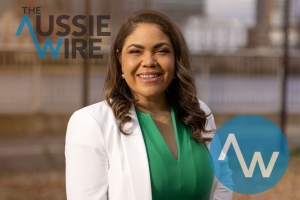
Follow The Aussie Wire Team on Instagram, Facebook and Twitter for on the spot reporting and exclusives. We hope you’ve enjoyed this in depth coverage of the Inaugural ARC Conference Day 2. Find our coverage of Day 1 here.
